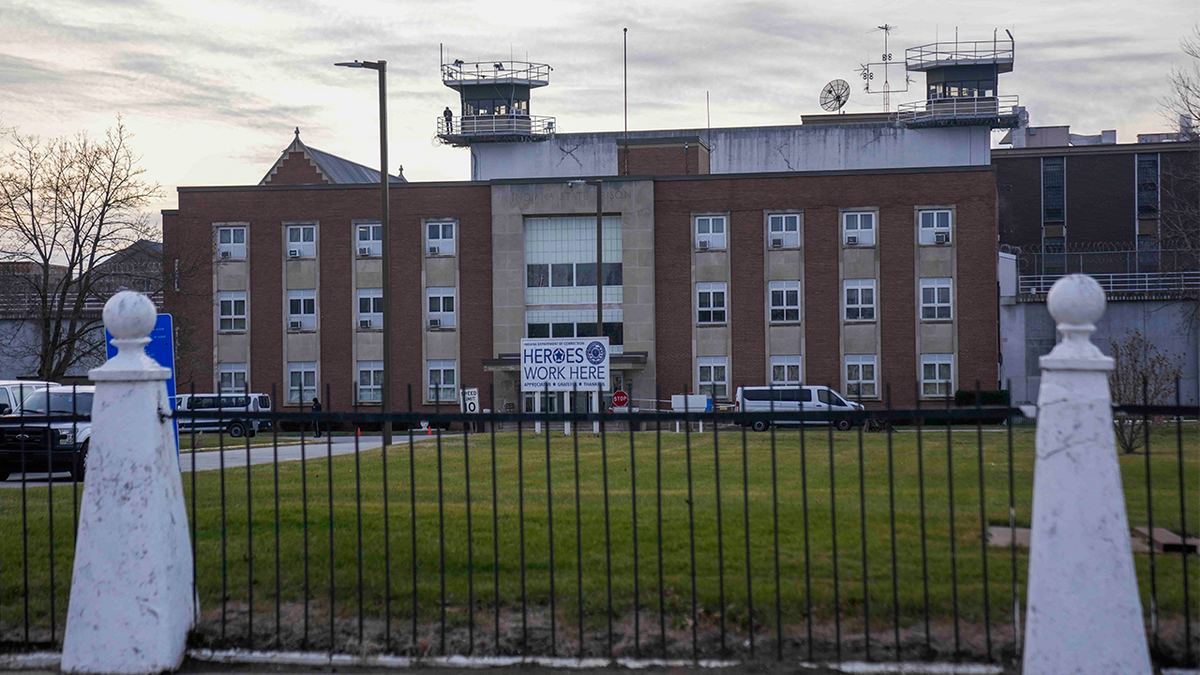In a landmark event, Indiana carried out its first execution in 15 years. Joseph Corcoran, 49, was pronounced dead at 12:44 a.m. CST on Wednesday at the Indiana State Prison. This marks the 24th execution in the U.S. this year. Corcoran's last meal consisted of Ben & Jerry’s ice cream.
Convicted in July 1997 for the murders of four individuals, including his brother James Corcoran, his sister's fiancé Robert Scott Turner, and two other men, Timothy G. Bricker and Douglas A. Stillwell, Corcoran's case has been fraught with controversy. Court records indicate that prior to the shootings, he was reportedly under duress due to his impending move from the Fort Wayne home he shared with his siblings, prompted by his sister's upcoming marriage.

While incarcerated for these killings, Corcoran allegedly boasted about the 1992 shooting deaths of his parents in Steuben County, Indiana. Although charged, he was ultimately acquitted in that case. This recent execution follows Governor Eric Holcomb's June announcement to reinstate state executions after a 15-year pause attributed to difficulties procuring lethal injection drugs. Information about the execution process was limited, with no press allowed to witness the event, except for a reporter from the Indiana Capital Chronicle, chosen by Corcoran. Indiana and Wyoming are unique in their exclusion of media witnesses from executions, according to the Death Penalty Information Center.
Corcoran's legal team has persistently challenged his death sentence, citing severe mental illness impacting his decision-making capacity. Earlier this month, the state Supreme Court denied their request to halt the execution. Despite exhausting federal appeals in 2016, his lawyers recently sought intervention from the U.S. District Court of Northern Indiana, arguing that executing a severely mentally ill individual is unconstitutional. This request, along with a subsequent appeal to the U.S. Court of Appeals for the 7th Circuit, was denied. A final plea to the U.S. Supreme Court for a stay of execution was also rejected late Tuesday.

Defense attorney Larry Komp expressed disappointment with the Supreme Court's decision, asserting that Corcoran's mental health was never adequately assessed. With legal avenues exhausted, the final decision rested with Governor Holcomb, who could have commuted the sentence but chose not to. Following the execution, Holcomb's office issued a statement emphasizing the repeated reviews of Corcoran's case by state and federal courts, and the upholding of his sentence. Indiana's last state execution was in 2009. While 13 federal executions were performed at a federal prison in Indiana between 2020 and 2021, this marks the first state-administered execution in over a decade. The resumption of executions was hampered by the nationwide shortage of lethal injection drugs, a result of pharmaceutical companies refusing to supply them for this purpose. States have turned to compounding pharmacies, leading to concerns about the use of drugs like pentobarbital and midazolam, which critics argue may cause significant pain.

Vigils and protests took place outside the prison, with opponents of the death penalty voicing their concerns. Corcoran's wife, Tahina Corcoran, stated her belief that her husband's mental illness prevented him from fully comprehending his situation.
Comments(0)
Top Comments